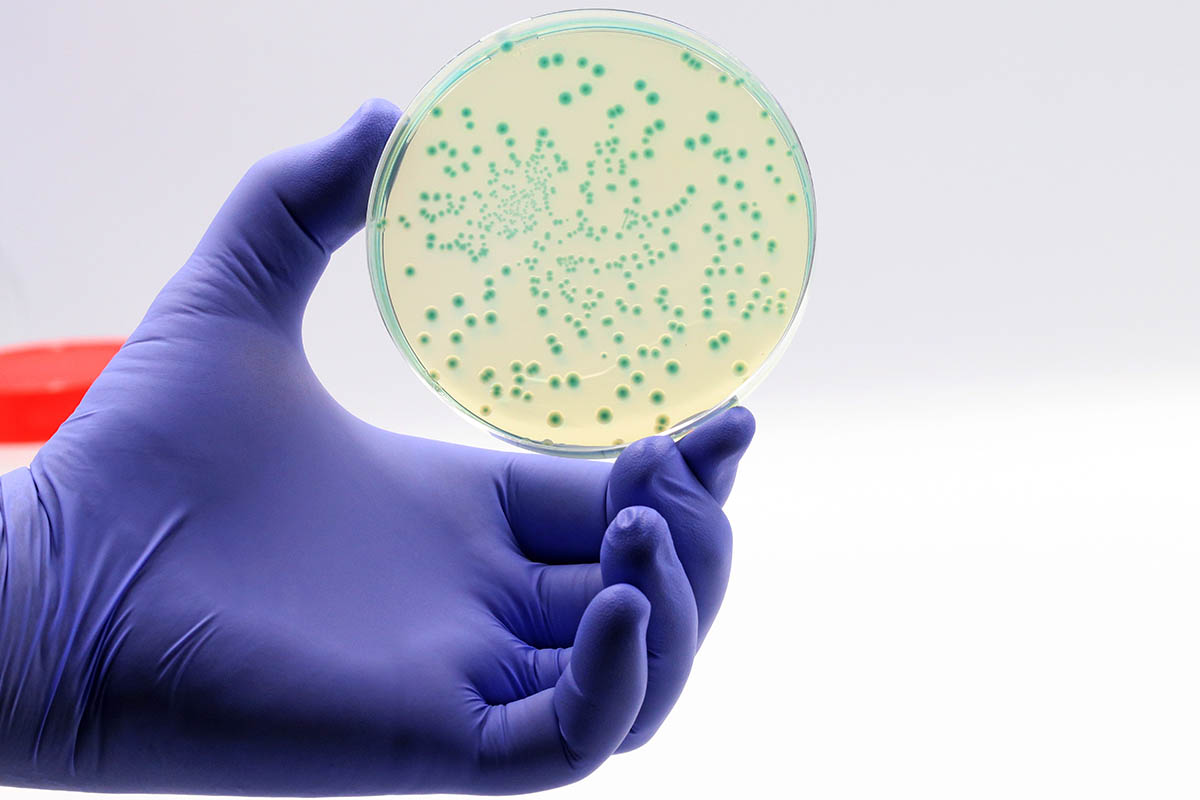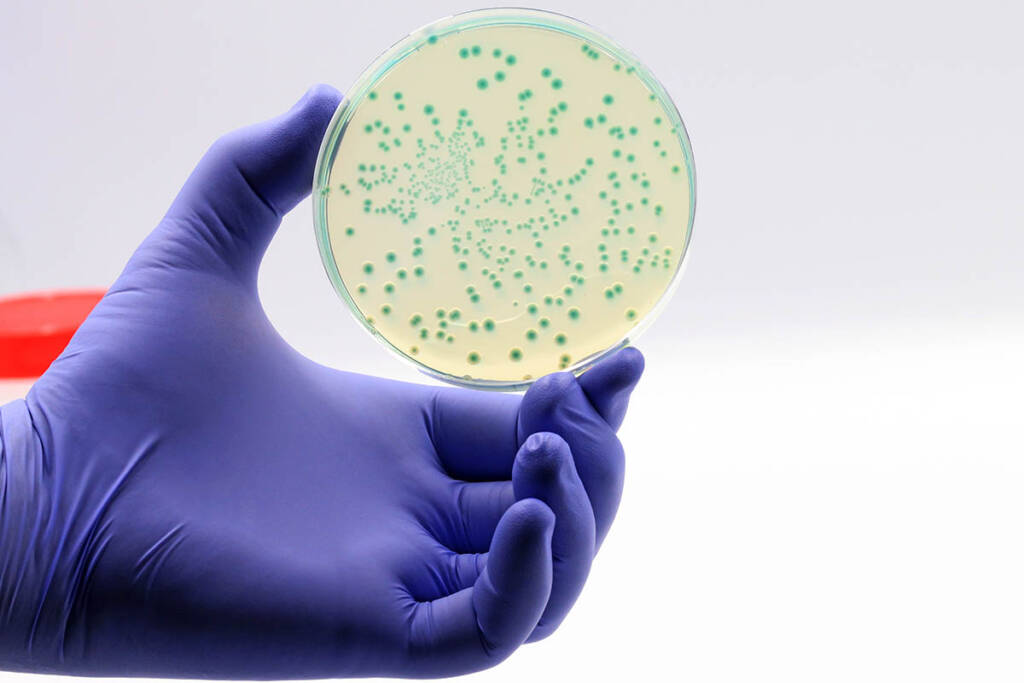Health
Escherichia coli: what it is, how it is contracted and what are the treatments

Escherichia coli is a bacterium also known as Escherichia and of which there are dangerous strains. Let's find out what it is and how to avoid and cure it.
When we talk about esterichia coli we mean that bacterium which, despite being naturally present in the intestinal microbiota, has strains that can be potentially harmful, leading to serious consequences for those who get sick.
For this reason it is very important to learn to know it, to avoid it and, in case of contagion, to recognize it in time in order to implement the right treatment.
Escherichia coli infections: how they are contracted
This bacterium is generally found in water or food that is contaminated and potentially contagious and dangerous.

Once in circulation, in fact, it leads to a whole series of symptoms that can be both mild and severe and that in the most extreme cases, especially in fragile subjects, can also become very dangerous. In the most extreme cases it can in fact come to the need for blood transfusions and in others rarer but in any case not to forget a kidney transplant due to the damage it can cause.
To avoid it, you should always pay close attention to the hygiene of the water you drink and the food you eat. In particular, especially in summer, it is very important to pay attention to the cleaning of fruit and vegetables and to the consumption of unpasteurized milk and uncooked or inadequately preserved meat or fish. Finally, it is very important that those who handle food wash their hands frequently, thus ensuring hygiene.
Esterichia coli: symptoms and treatment
Going to the main symptoms, the most common are abdominal cramps, nausea (sometimes followed by vomiting) and diarrhea . When they arise, therefore, especially if following the intake of food or drink of which you are not sure, it is very important to contact your doctor.
As for Escherichia coli and the treatment to be implemented, in some cases antibiotics can be useful. However, these will be evaluated by the doctor based on the symptoms and reactions of the patients. Only when strictly necessary, will they be prescribed. Often, this happens after an antibiogram able to indicate which are the most suitable to fight the bacterium as quickly as possible.
Riproduzione riservata © - WT











